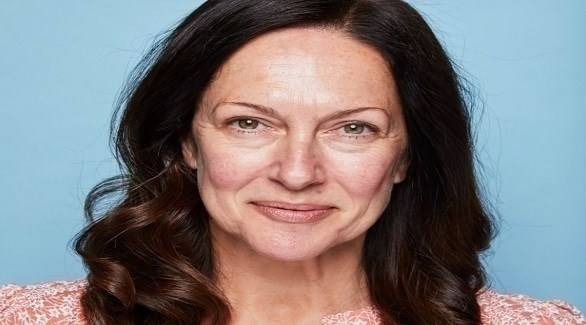The British newspaper "The Guardian" reported that a recent study may put an end to the debate about the possibility of human immortality and achieving eternal youth, after spending millions of dollars on research in hopes of proving the validity of that myth. The newspaper noted that scientists, supported by governments, companies, academics, and investors in a $110 billion industry, have spent decades attempting to harness the power of genomics and artificial intelligence to find a way to prevent or even reverse aging.
According to the newspaper, the study confirmed that the rate of aging cannot be slowed due to biological constraints. The research, conducted through an international collaboration of scientists from 14 countries, including experts from the University of Oxford, aimed to test the hypothesis of "constant aging rate," which posits that species have a relatively constant rate of aging from adulthood.
José Manuel Aburto from the Leverhulme Centre for Demographic Science at Oxford stated, "We compared birth and death data from humans and non-human primates, and found that this general pattern of mortality was the same in humans and other primates." This suggests that biological factors, rather than environmental factors, ultimately govern lifespan. Individuals may live longer with improved health and living conditions, but even so, the mortality rate increases with advancing age.
The newspaper mentioned that for decades, research has been active regarding the possibility of long life, but what was missing from the discussion was research comparing the ages of multiple animal groups with humans to understand what leads to mortality. Aburto noted that this study fills that gap. The diverse dataset allowed for comparing mortality rates within and between species.
The data examination concluded that there is a unified general pattern of mortality: a high risk of death among children decreases rapidly in the teenage years and remains low until early adulthood, then continuously increases with age. Aburto explained that the results show that the average human lifespan has increased due to medical and social advancements, leading people to live longer, but the trajectory toward aging has not changed. The study concluded that evolutionary biology prevails over everything. So far, medical advancements have not been able to overcome these biological constraints.




